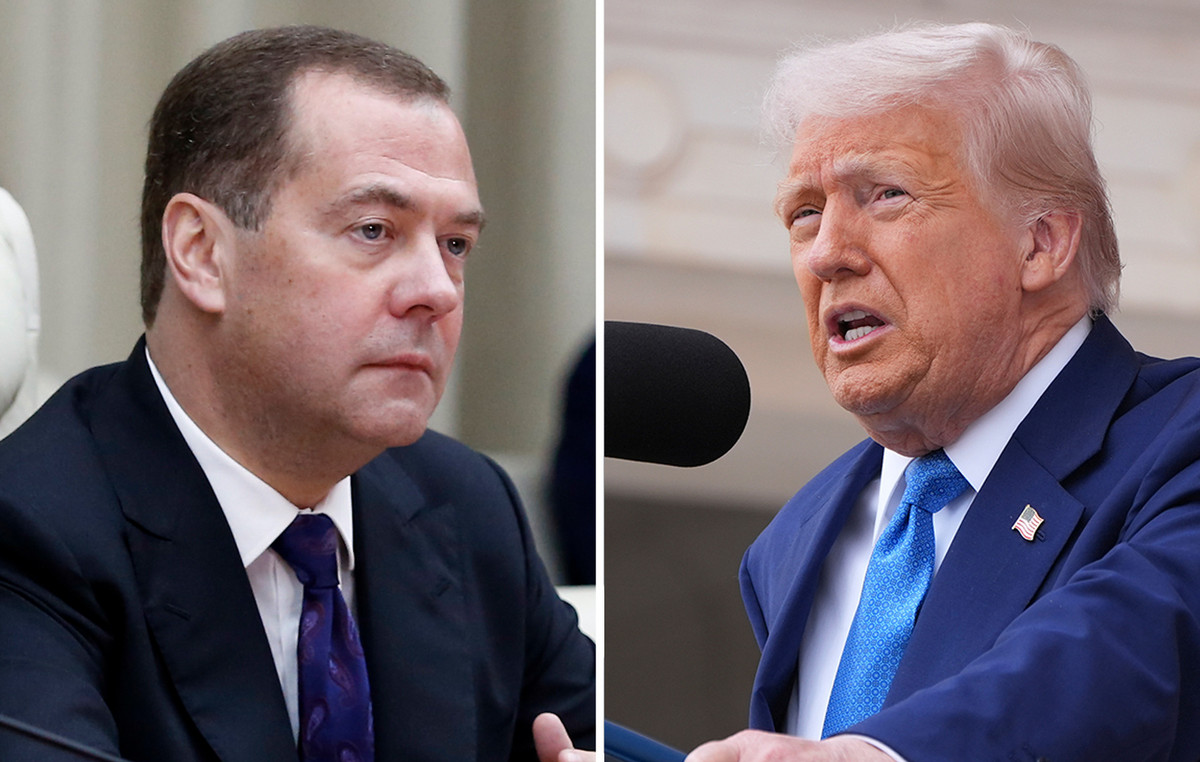With the resignation of Bento Albuquerque from the Ministry of Mines and Energy and the demand from President Jair Bolsonaro (PL) for the immediate reduction in fuel prices, the government does not rule out a new change in the command of Petrobras. The exchange is defended by senior members of the Esplanada dos Ministérios on the grounds that the top of the state-owned company needs to be more aligned with the new minister, Adolfo Sachsida.
In this scenario, the name of the special secretary for Debureaucratization, Management and Digital Government of the Ministry of Economy, Caio Paes de Andrade, was once again quoted.
The current president of the state-owned company, José Mauro Coelho Ferreira, completes one month in office this Saturday (14). The executive arrived at the post sponsored by Albuquerque and amidst a series of pressures from Bolsonaro about a change in Petrobras’ pricing policy.
In his first statement after his appointment as the new Minister of Mines and Energy, on Wednesday (11), Sachsida defended the adoption of structural measures to ease the burden of fuel on consumers’ pockets. But, according to reports made to CNN, the economist would have already outlined a plan aimed at Bolsonaro’s re-election.
The proposal, according to CNN found, is based on pressure on governors and on Petrobras. The first act was taken this Friday (13), when the Attorney General’s Office (AGU) appealed to the Federal Supreme Court (STF) to try to guarantee the reduction of ICMS on diesel oil provided for in a law passed by the National Congress in March.
Regarding Petrobras’ pricing policy, Sachsida has said in internal conversations that he defends the international parity of oil prices, but the new minister also says he believes that it is possible to make specific changes to calculate the price of how the product arrives at refineries.
The idea is for the state-owned company to adopt the price it uses for exports on the domestic market. Today, the amount charged internally includes transport, insurance and freight costs — it is the CIF (English term for “cost, insurance and freight“).
Sachsida sees room for FOB adoption.free on board“), when the buyer assumes all the risks and costs of transporting the goods. In this model, assesses the government, it would be possible to reduce the price of oil from 10% to 15%.
The new commander of Mines and Energy is also adept at the proposal of a greater spacing for Petrobras’ price adjustments. Sachsida, according to the CNN people close to him, understands that, today, there is no rule that defines the frequency of these increases – which would be, then, a breach to maintain international parity, but to hold the impact on the consumer’s pocket.
Source: CNN Brasil
I am Sophia william, author of World Stock Market. I have a degree in journalism from the University of Missouri and I have worked as a reporter for several news websites. I have a passion for writing and informing people about the latest news and events happening in the world. I strive to be accurate and unbiased in my reporting, and I hope to provide readers with valuable information that they can use to make informed decisions.





